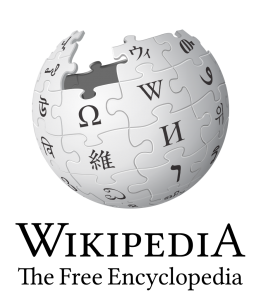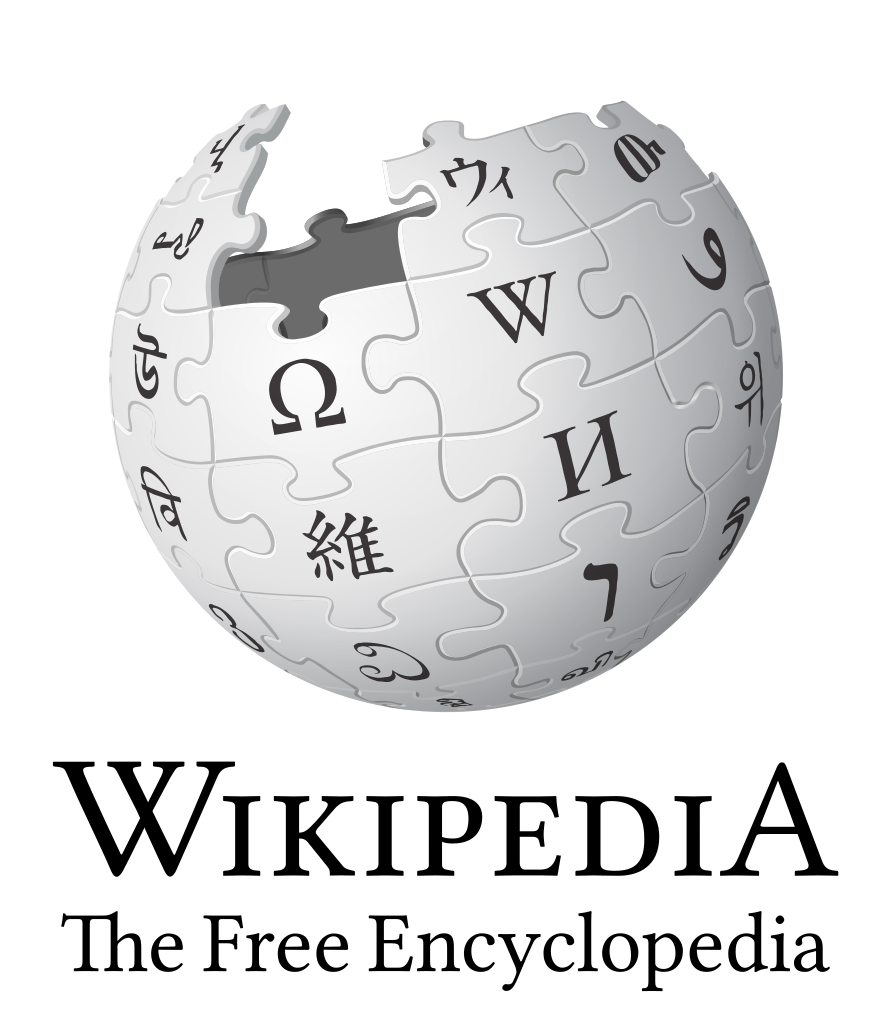This post is also available in Dutch .
Teachers often warn students to be wary of what they read on Wikipedia, but recent findings suggest that the online encyclopedia might be playing a role in science.
According to its own entry, Wikipedia is a “free online encyclopedia with the aim to allow anyone to edit articles.” The website boasts 5.3 million articles in over 250 languages. It is, by some estimates, the fifth most accessed website in the world.
Because of its open nature, essentially anyone can contribute to Wikipedia. For this reason, the website is often scorned by academics, and teachers discourage students from referencing it. And yet, a recent study by researchers in the US suggests that the language used on Wikipedia is showing up in scientific journals.

Since its creation in 2001, Wikipedia has become one of the most popular websites in the world. Image by Wikimedia Foundation [CC BY-SA 3.0], via Wikimedia Commons
The study
The researchers set out to see if easily accessible, public repositories of scientific knowledge, such as Wikipedia, have an impact on science. Looking at the language in articles published in scientific journals right before and after a Wikipedia article was uploaded, they showed that the similarity increased after Wikipedia articles were published.
This finding suggests that Wikipedia influences scientific articles, but it doesn’t allow the researchers to say whether one thing really caused the other. To ease these qualms, the researchers also did an experiment in which they had experts write up 43 new articles about topics that weren’t already present in Wikipedia. They then published half of these articles on the website and waited almost two years to see their impact.
The articles were extremely popular. Together they were viewed over 2 million times, with each article averaging 4,400 views per month. As before, the authors compared the similarity of the language in the scientific literature before and after the new Wikipedia articles were published. This time they were also able to measure the effect of Wikipedia using the unpublished articles as a control. The authors found that posting the articles increased the similarity of the scientific literature to the articles.
Wikipedia’s role in the scientific process
The results showed that Wikipedia articles influenced the scientific literature, and the effect was bigger for less-cited journals than for high-impact ones. The authors interpret this as supporting public repositories’ function of disseminating knowledge rather than reporting cutting-edge research, which intuitively makes sense. They further revealed that the effect was greater for authors from countries with lower GDPs. In these countries, they argue, scientists might have less access to journals with subscription fees. In a time of increasing calls for open access, the authors of the study advocate for the equity-improving quality of public repositories of scientific knowledge.
A reliable source?
According to a study by Nature, Wikipedia is not much less reliable than Encyclopaedia Britannica, with an average of 4 inaccuracies per article compared to Encyclopaedia Britannica’s 3. That’s still far from ideal. The authors of the study urge scientists to contribute to Wikipedia and other public repositories to improve their quality, estimating that this would be about 1700 times less expensive than more traditional dissemination methods (e.g., attending conferences). Some journals are already requiring their authors to submit summaries of their articles to Wikipedia.
Written by Monica. Edited by Marisha.
